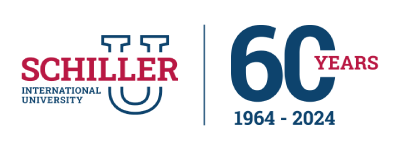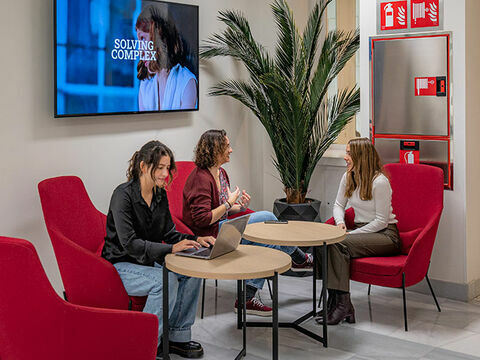All the spaces have been designed to encourage collaborative work, creativity and sociability among students, as well as being equipped with advanced digital educational technologies, so that they can work online with students from other Schiller campuses in Europe and the United States, and with companies from all over the world. The students themselves have been able to participate in the process, helping to make design decisions for common areas or recreational activities, such as the movie theater, the coffee corner or the type of food and drink they wanted in the vending machines.
"Our methodology is based on the American model of higher education, which is much more flexible and hands-on, and employability-oriented. We have an immersive one-subject-a-month system, and all our programs have a very linked approach to the reality of the context and the professional market. We are aware that the way of consuming information has changed, and therefore, the learning process must respond to this in a rigorous and innovative way. We cannot expect students to change their habits, but rather respond to the changing environment with higher education at the forefront of our industry," adds Victoria Bamond, Provost and Global Chief Academic Officer.

 Request information
Request information










